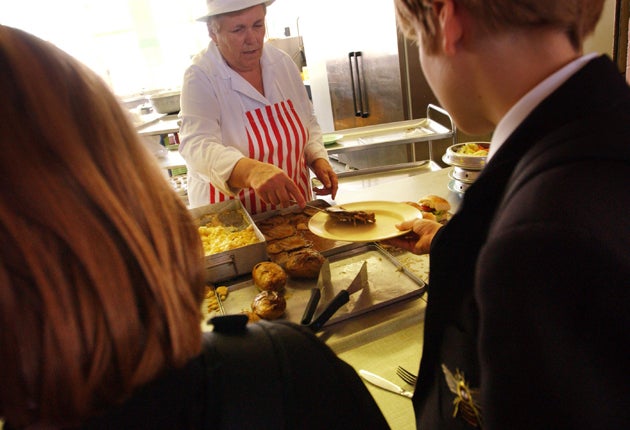Poorer pupils suffer at affluent state schools

Children from poor homes suffer a "double disadvantage" if they are taught in state schools serving affluent areas, according to a senior government adviser.
The pupils are "derided" or "shunned" by their richer classmates, "who have invented a range of abusive terms for poor pupils", says Sue Hackman, chief adviser on school standards for the Department for Children, Schools and Families. As a result they often do worse in tests and exams than poor pupils taught in schools serving a disadvantaged area, where teachers are more aware of their difficulties.
In a foreword to a government report entitled Pockets of Poverty, Ms Hackman writes: "Disadvantaged pupils carry with them the awareness of lack, of being less affluent, less mobile, less experienced and less 'savvy' than others who eat better and are in every sense better off.
"Socially, they are sometimes ill at ease or embarrassed or out of their element. Even the local high street can be alienating, full of things they and their families cannot even dream of affording. They live in a culture where people behave, speak and think in ways which reflect their more privileged backgrounds. In the playground, they can find themselves derided or shunned by other pupils who recognise them as different and who have invented a range of abusive terms for poor pupils.
"Added to this, some pupils reflect the experiences of their parents who put great faith in work when there was plenty of unskilled work about and who considered their own schooling to be of little value."
Figures show that, overall, children on free school meals – a standard measure of poverty – find it twice as hard to obtain five A* to C grade passes at GCSE than those from more affluent homes (21 per cent compared with 49 per cent). The figures for poorer children in more advantaged areas are even worse. The report urges teachers to identify poorer children and closely monitor their progress. "We have encountered schools which are reluctant to identify free school meal pupils for fear we may return to the old shames of dinner tickets, separate queues and a new pauperism," says Ms Hackman. "This will not happen: denial is a greater risk."
The report tells teachers that poor pupils "may display symptoms of physical hardship, such as being tired or disengaged because of anxiety, lack of sleep or simply because they did not have an adequate breakfast".
It says: "They may find it very difficult at home to find a quiet space to do homework or access the resources needed to support their home learning. They may prefer not to take part in after-school sports activities or go on education trips, because they are only too aware that their parents may not be able to afford the cost associated with these activities and their parents are unlikely to approach the school for financial support."
All three political parties have recognised the need to encourage top-performing state schools to take in children from poorer homes through a "pupil premium". The Liberal Democrats have said this would be set at £2,500 per pupil, which would be paid for by scrapping the Children's Trust Fund and some tax benefits. The scheme would cost £2.5bn a year.
Labour has said it would use money already earmarked to eradicate hardship to allow local authorities to set their own pupil premium. The party argues that at present local authorities hold back some of the cash which should be distributed to schools. The Conservatives have said the scheme would be financed by making efficiency savings.
Subscribe to Independent Premium to bookmark this article
Want to bookmark your favourite articles and stories to read or reference later? Start your Independent Premium subscription today.

Join our commenting forum
Join thought-provoking conversations, follow other Independent readers and see their replies